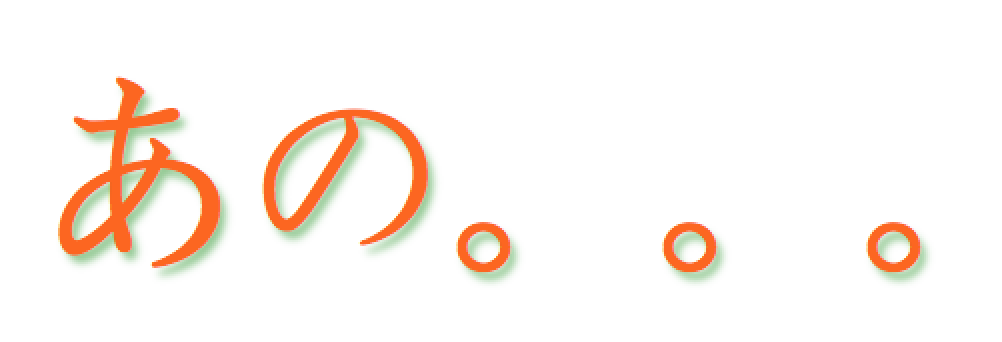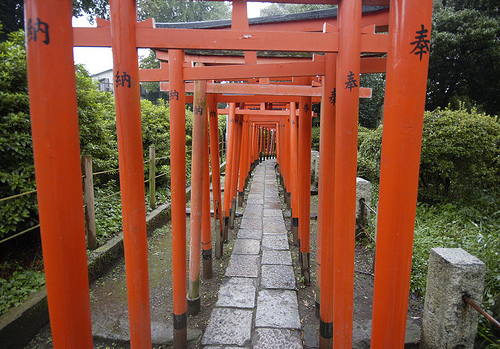What to say in Japanese when you don’t know what to say
Studying a foreign language, there are many times when you get stuck and just don’t know what to say. Sure, you can just mutter a “ちょっと待って” (wait) and clam up for a few seconds to think, but that would set you apart from what a native would do in similar circumstances. It’s best to give… Read More »







